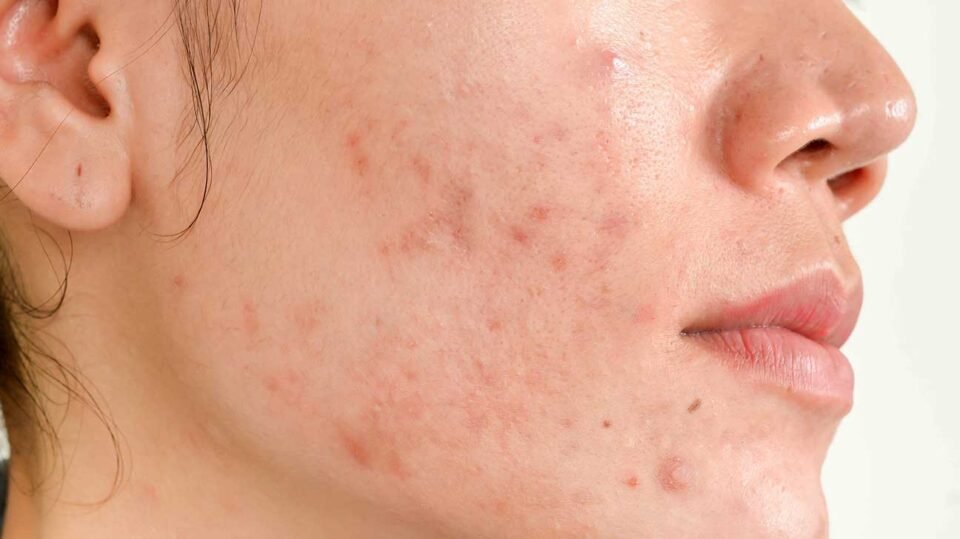Dealing with acne scars can be a multi-step process, and the approach you choose may depend on the type and severity of the scars. Here are some methods to help minimize the appearance of acne scars:
Consult a Dermatologist:
Before starting any treatment, it’s advisable to consult a Dermatologist in Karachi who can assess the type and severity of your acne scars and recommend the most appropriate treatments.
Topical Treatments:
Some over-the-counter and prescription creams and gels can help reduce the appearance of mild acne scars. These products may contain ingredients like retinoids, alpha hydroxy acids, or silicone-based gels. Follow your dermatologist’s advice when using these products.
Chemical Peels:
Chemical peels involve applying a chemical solution to the skin, which causes it to exfoliate and peel off. This can help improve the appearance of superficial acne scars.
Microneedling:
Microneedling involves using a device with fine needles to create tiny punctures in the skin. This process stimulates collagen production, which can help improve the texture of the skin and reduce the appearance of scars.
Laser Therapy:
Fractional laser therapy and other laser treatments can target specific types of acne scars. These procedures can stimulate collagen production and improve skin texture. Multiple sessions may be required.
Dermal Fillers:
Injectable dermal fillers like hyaluronic acid or collagen can be used to raise indented or atrophic acne scars to the level of the surrounding skin. These fillers provide temporary improvement.
Subcision:
Subcision is a minor surgical procedure where a needle is inserted beneath the skin to break the fibrous bands that tether the scar tissue, allowing the skin to lift and the scar to become less visible.
PRP (Platelet-Rich Plasma) Therapy:
PRP therapy involves using your own blood plasma, which is rich in growth factors, to stimulate collagen production and improve skin texture.
Silicone Sheets and Gels:
Silicone products can help soften and flatten raised scars, such as keloids or hypertrophic scars. These are available over-the-counter and may take several weeks to show results.
Sun Protection:
Protect your skin from the sun by using a broad-spectrum sunscreen with a high SPF. Sun exposure can worsen the appearance of scars and make them more noticeable.
Avoid Picking and Squeezing Pimples:
Prevent new scars by resisting the urge to pick or squeeze pimples, which can lead to more scarring.
Camouflage Makeup:
Use makeup designed for scar coverage, such as color-correcting concealers, to help hide acne scars temporarily.
Patience and Consistency:
Be patient with any treatment you choose, as it can take time to see significant improvement. Consistency in following your treatment plan is essential.
Acne scar treatment effectiveness varies depending on factors like the type of scars, skin type, and the chosen method. It’s important to have realistic expectations and discuss your options with a Skin Specialist in Lahore to determine the most suitable approach for your specific case. In some instances, a combination of treatments may be recommended for the best results.


